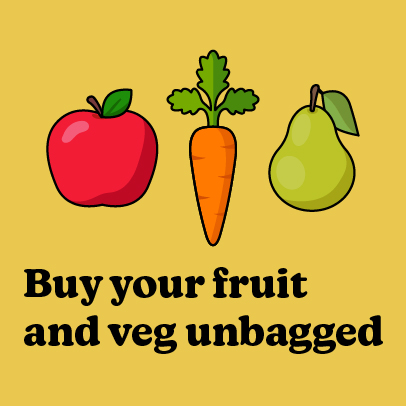How to use less plastic
At South Norfolk and Broadland District Council, we are actively addressing the issues created by plastic waste, and are on our way to becoming single use plastic free councils.
We have put together some top tips to help our resident and businesses to reduce their use of single use plastics too:
1) Cloths made of natural fibres are a sustainable and biodegradable alternative to synthetic cloths which often contain microplastics, and using wooden dish washing brushes can help to reduce your plastics consumption in your home.
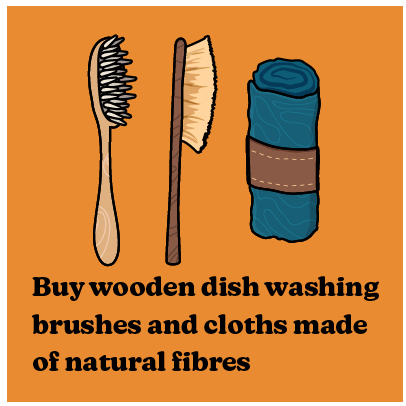
2) It's important to be mindful about plastic waste when doing your weekly shop. Can you choose items that have reduced or no plastic packing?
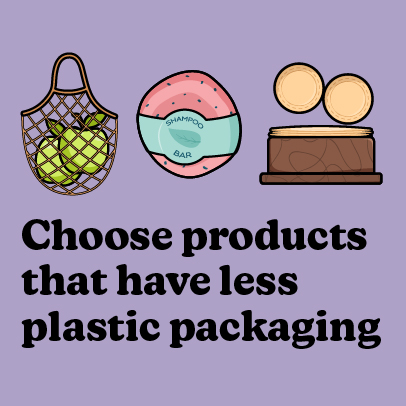
3) Wax wraps are a great alternative to using cling film and tinfoil, and can even be made at home.
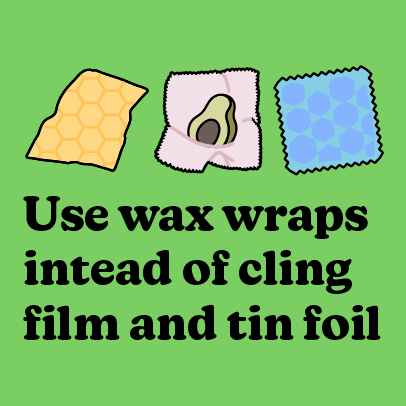
4) Taking a reusable bag when you go shopping helps to reduce the amount of plastic waste being sent to landfill, and also saves you money!
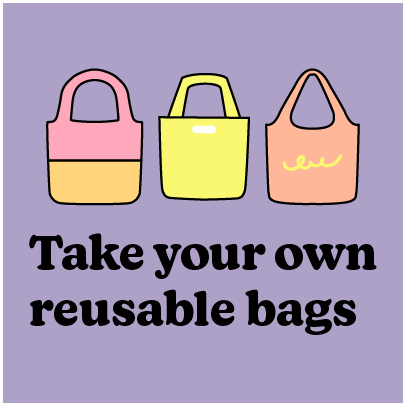
5) To reduce your plastic consumption, using a reusable water bottle instead of buying disposable plastic bottles is a great way to start.
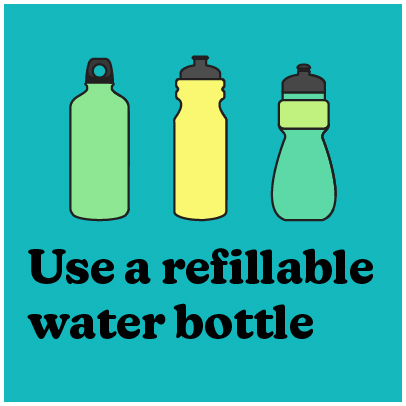
6) Bamboo tooth brushes can be just as good for your teeth as plastic ones. Bamboo is also a renewable material that does not require any harsh chemicals to grow.
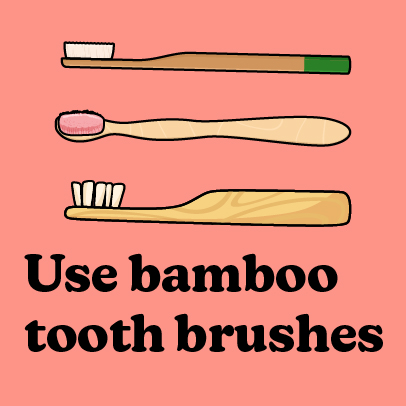
7) Lunch boxes and Tupperware are great reusable alternative to plastic packaging for carrying your food around with you.
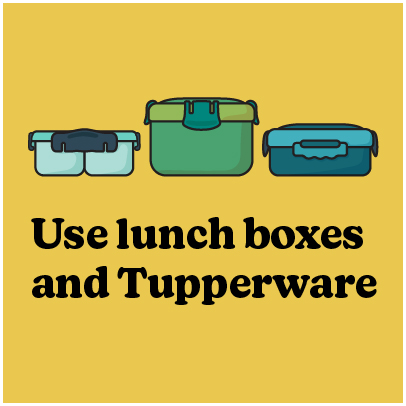
8) Eco-friendly decorations are a great alternative to plastic ones, as this helps to reduce the amount of plastic being put in the bin. Paper confetti can be used as an alternative to plastic confetti, as well as paper banners and streamers, which can all be reused too.
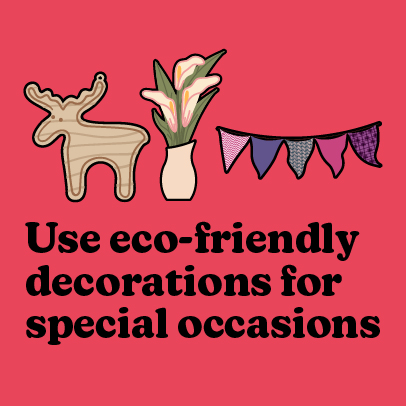
9) Using soap bars and refillable soap bottles can help to reduce your plastic consumption, but make sure to choose soap bars that are wrapped in paper, and not plastic!
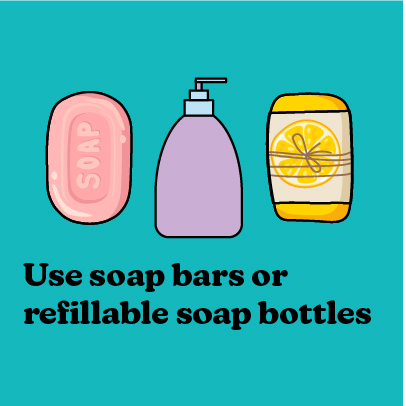
10) When doing your weekly shop, choosing items that do not have any plastic packaging, for example loose fruit and veg, can help to reduce the amount of household plastic waste being sent to landfill.
